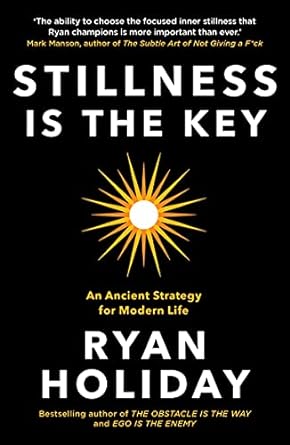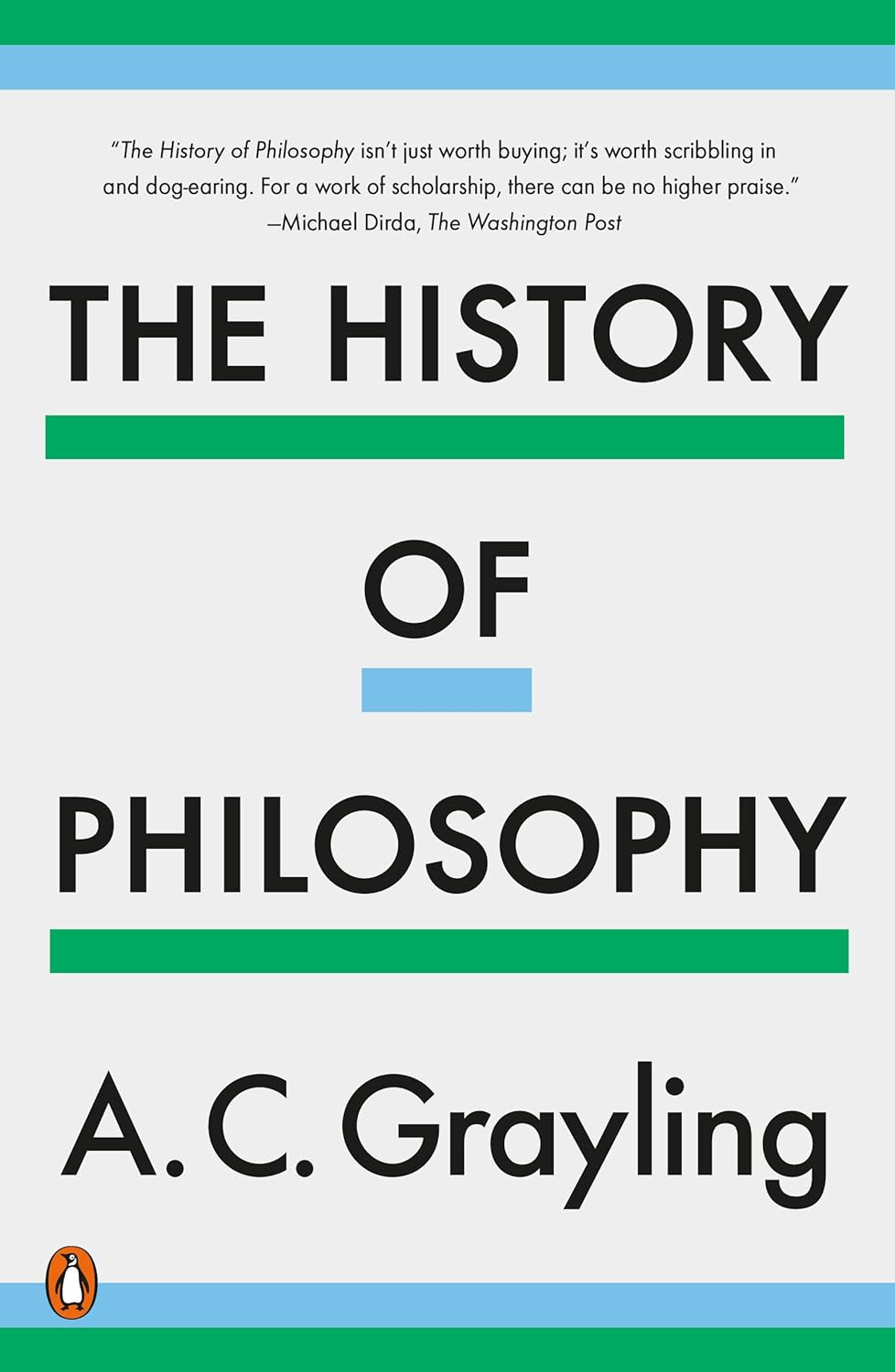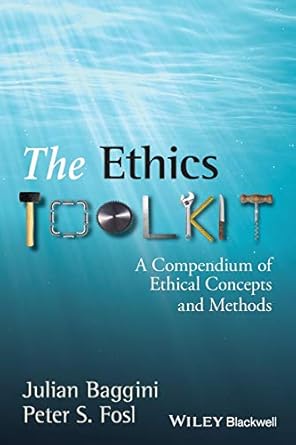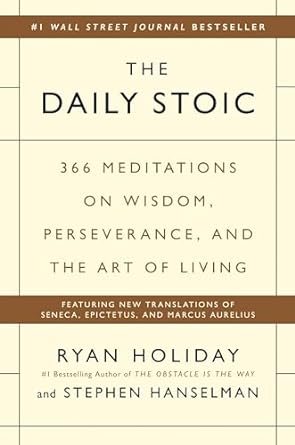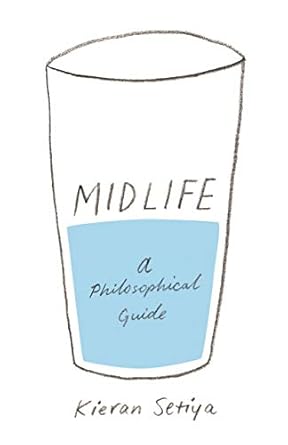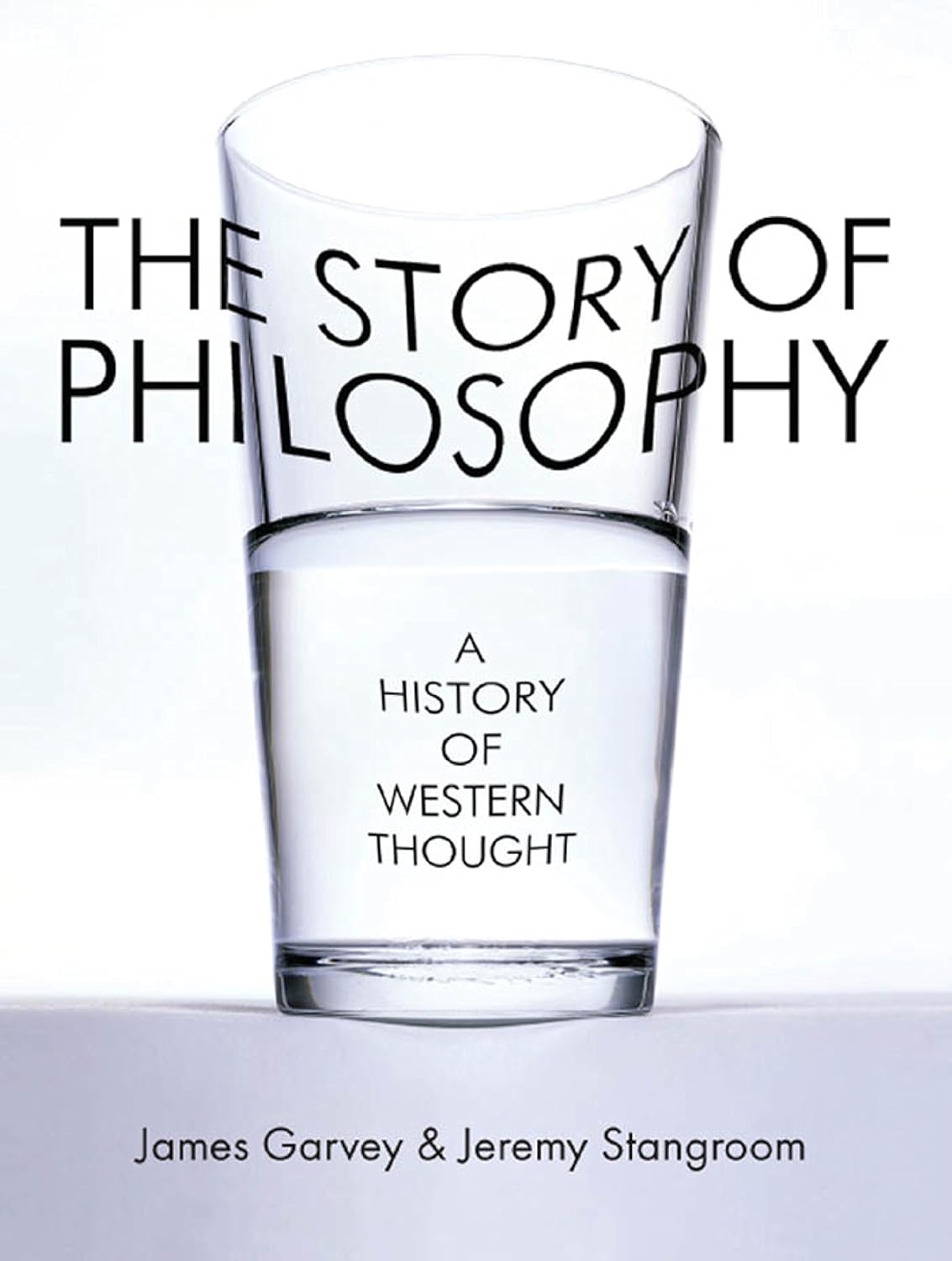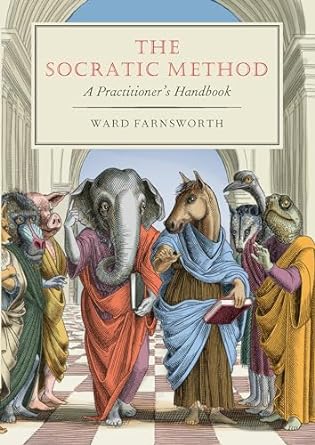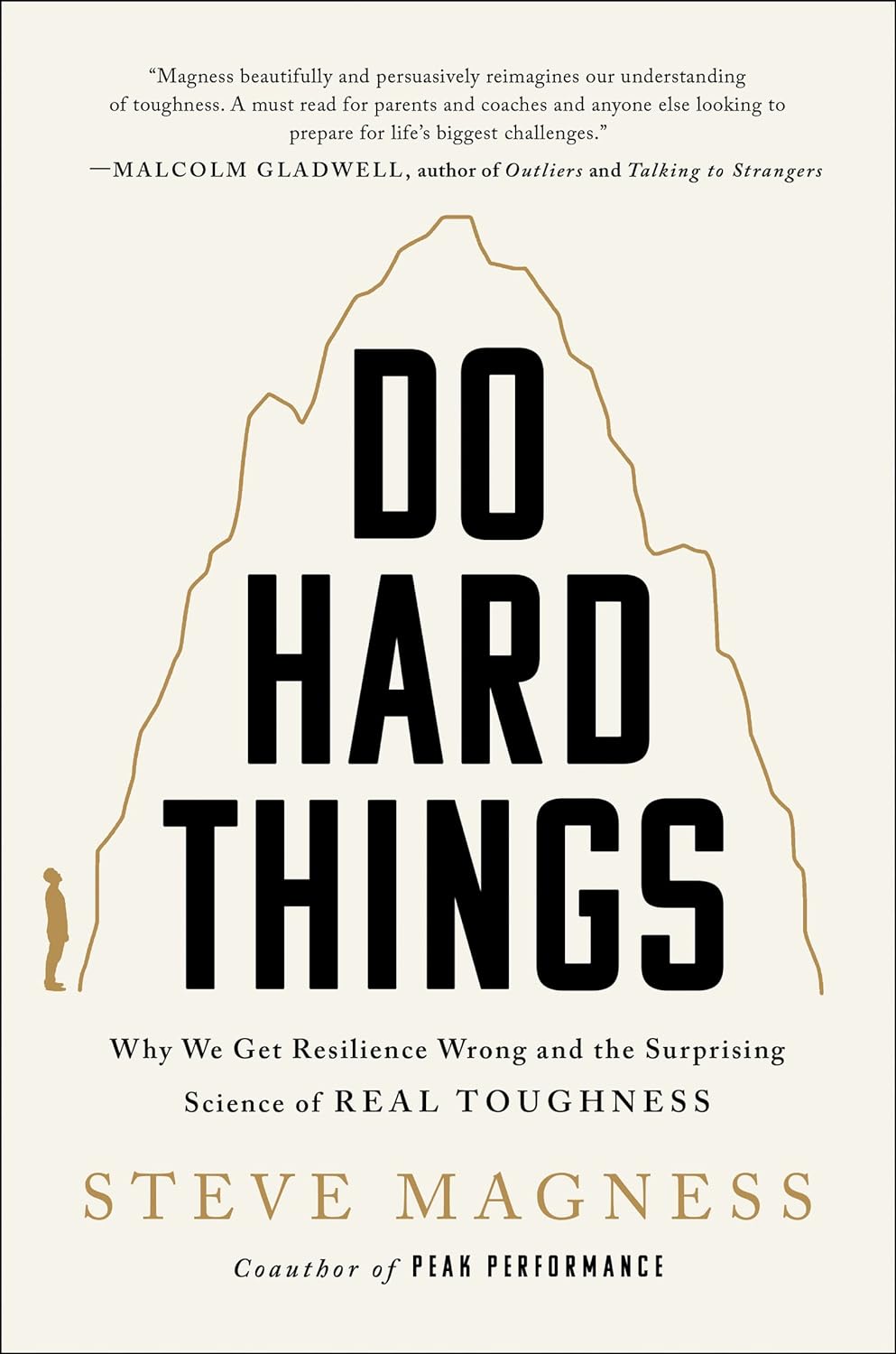Ataraxia
A state of tranquillity, stillness, serene calmness.
Key Insights & Principles
Living Meaningfully
Insights:- Inner peace is achieved through understanding the true nature of the world, and living in a way that conforms with that.
- Inner calmness or tranquillity can be achieved by anyone, as we have control over our inner selves.
- For Epicurus, the stoics and other philosophical movements, the achievement of ataraxia is the main goal of philosophy.
- Be fully present, and empty the mind.
- Cultivate silence, sit quietly, and reflect.
- Reject distraction. Limit your inputs.
- Journal, and practice gratitude.
- Seek wisdom and confidence, avoid ego.
- Detach from outcomes.
- Seek virtue and moral balance.
- Heal your childhood wounds and trauma.
- Beware desires, limit attachment to physical things, and cultivate awareness of enough.
- Cultivate love and relationships.
- Give in to things outside yourself.
- Practice saying no to what is not meaningful.
- Take walks.
- Build routine.
- Rest.
- Pursue hobbies and things for fun.

